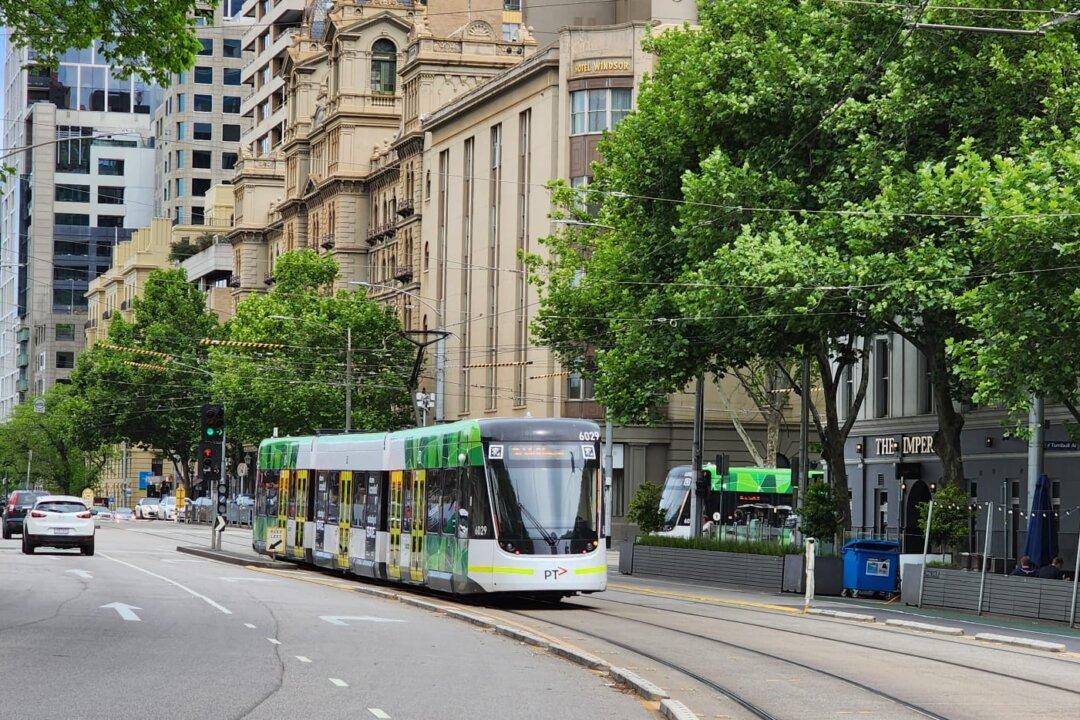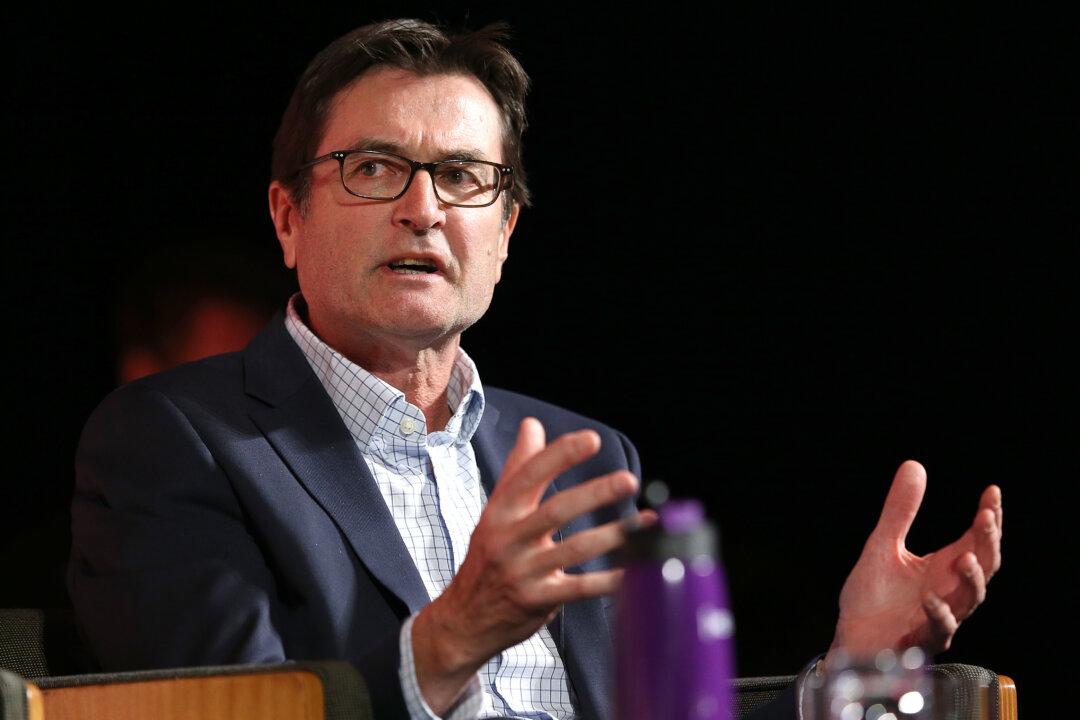Australia’s Indigenous Minister Linda Burney has ruled out an offer to debate her opposition counterpart Jacinta Nampijinpa Price surrounding Labor’s proposed Indigenous Voice to Parliament.
Burney claimed such a debate would be a fruitless attempt by the Liberal-National Coalition to spur uncertainty and division around the upcoming referendum.





